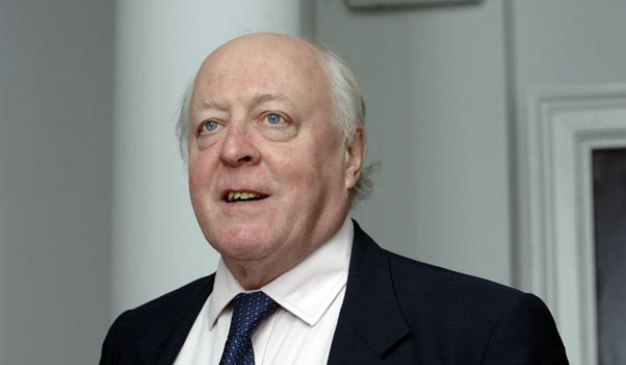
What is the Chinese leadership afraid of? It has set the country on a high-growth path after the downturn of late 2008 and early 2009. It appears to have sorted out the changes at the top of the Communist Party and the state, due to take place next year. It attracts admiring mentions from international figures like Francis Fukuyama and Henry Kissinger. Some predict that it will rise to rule the world.
And yet one might think this is a regime under siege. The arrest of the artist Ai Weiwei, a figure probably better known outside than inside China, was the highest-profile example of this since Beijing’s fierce reaction late last year to the award of the 2010 Nobel Peace Prize to the intellectual Liu Xiabao, who is currently serving an 11-year jail term for having organised a pro-democracy petition.
Ai’s detention at Beijing airport in early April, as he prepared to board a plane to Hong Kong, was officially put down to alleged ‘economic crimes’ involving tax matters. Given his criticisms of the regime, the truth is likely to be nearer to the initial comment by the Communist Party tabloid newspaper, Global Times, which wrote that Ai has been “close to the red line” of Chinese law: “As long as Ai Weiwei continuously marches forward, he will inevitably touch the red line one day. Ai Weiwei will be judged by history, but he will pay a price for his special choice.” His release in June came with strict conditions.
As well as Ai and Liu, dozens of human rights lawyers and activists have been picked up recently without any due legal process. Most have been released after a period in detention but some are reported to have been treated abominably.
Earlier this year, when a handful of people answered an online appeal from a website based in the USA to join a Middle Eaststyle ‘Jasmine Revolution’, the security forces went into overdrive. Foreign journalists were beaten. Growers of jasmine flowers in the Beijing area were forbidden to sell their produce. An online video of Hu Jintao, the Communist Party leader and State President, singing a song praising jasmine with students learning Chinese in Africa was removed.
The tougher climate can be traced back to violent riots in Tibet and the huge western region of Xinjiang in 2008-09. Remarks about the need for political and legal reform made by the Prime Minister, Wen Jiabao, in the autumn of 2010, were swiftly quashed by the party. In the latest government budget, passed by the annual meeting of the National People’s Congress (NPC) in March, expenditure on internal security is now greater than official spending on the armed forces.
These developments can be seen as the reaction of a political establishment with control in its DNA and that places a premium on the maintenance of ‘stability’ as defined by the Communist Party but they also need to be put in the context of the coming change of leadership personnel at the top of the People’s Republic. At the five-yearly Communist Congress in October 2012, Hu will step down as party secretary. He will then give up the state presidency and Wen will relinquish the premiership. The successors have already been designated: Vice-President Xi Jinping for Hu and Vice-Premier Li Keqiang to succeed Wen.
But there is still jockeying for other posts as up to six of the nine members of the supreme decision-making body, the Standing Committee of the Politburo, prepare to leave. Like Hu and Wen, they have reached either the age limit of 68 or the time limit of two terms. Another vice-premier, Wang Qishan, is tipped to move up along with Bo Xilai, who runs the megamunicipality of Chongqing (32 million inhabitants), and the party boss of Guangdong Province, Wang Yang.
Such wholesale changes in the leadership induce caution in those who have got to the top by their mastery of the party’s politics. As Wu Bangguo, the second ranking member of the Politburo and president of the NPC, told the legislature in March: “On the basis of China’s conditions, we have made a solemn declaration that we will not employ a system of multiple parties holding office in rotation… If we waver, the fruits of development that we have achieved will be lost and the country could even fall into the abyss of civil strife.”
The line seems to be plain: no relaxation of the kind that led to the downfall of the Soviet Union. However retrograde that may be and whatever its negative effects on Beijing’s efforts at soft diplomacy, this is what one may expect from a Leninist system, in which ultimate power lies not with the government but with a party that has always sought to exercise absolute control.
The evolution of society makes that an increasingly difficult aim and China is set to go through some major tests for its economy, as it seeks to encourage consumption and to move up the value chain.
So far, the Communist Party has managed to adapt to changing conditions. It has done this more as a matter of tactics rather than as the result of any fundamental rethinking.
As shown by the treatment of Ai Weiwei, Liu Xiabao and others detained for their political beliefs, the bottom line stays unyielding – all the more so in a period of leadership transition when none of the rising stars would risk being painted as a liberal sympathiser.





